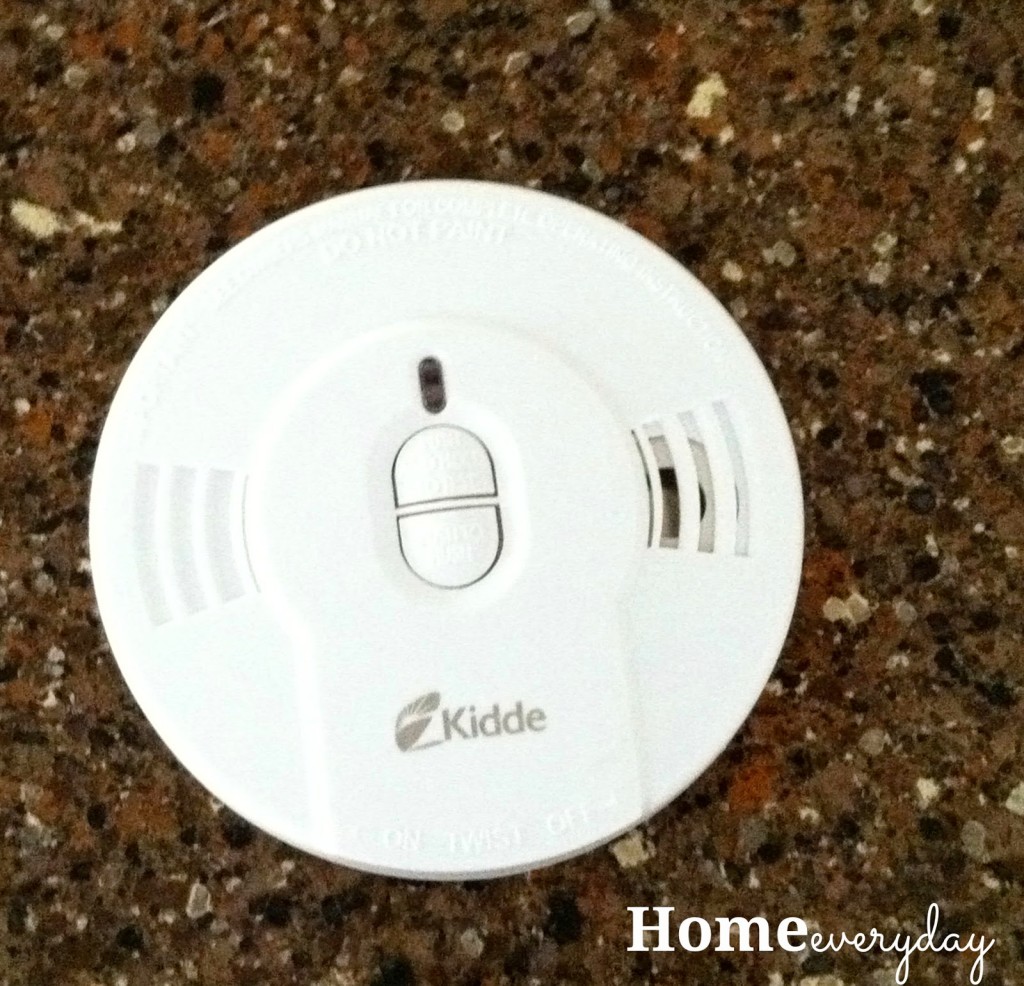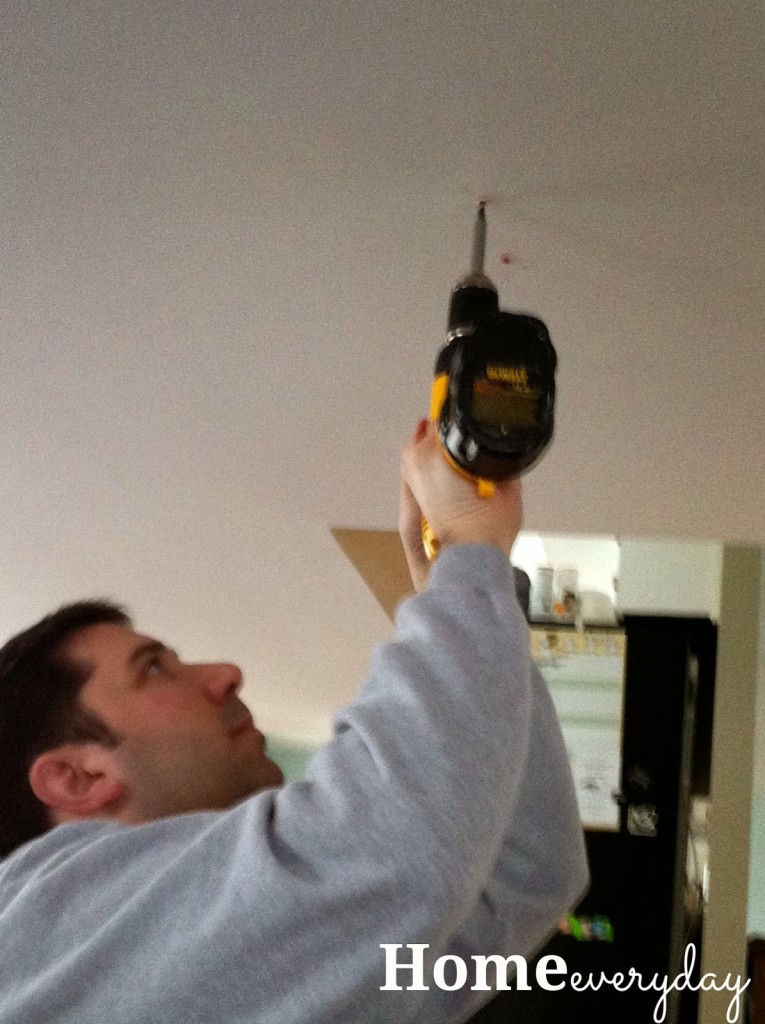Here at Home Everyday, I love to talk crafts, cooking, baking, and decor, those are only a few things that make a house a home. When we bought this older home a few years ago, the first things we did, were to fix many of the safety concerns we had. First, we replaced the 35 year old furnace, outsourced a complete mold remediation, ripped up every ounce of old carpeting, had the chimney rebuilt, replaced and repaired the dryer vent, and took care of any part of the house that could be deemed unsafe.
We also replaced all the smoke detectors, carbon monoxide detectors.
While these things aren’t the most fun of things to do, when it comes to a home, it is SAFETY FIRST. After all, you keep your most precious thing in your home: your family.
Home is a haven, and every part of is should be safe.
So, since it is FIRE PREVENTION WEEK, I thought I would share some great tips for keeping your home safe all week long.
Today, we are going to be talking equipment. There are things in your home that you must have in order to keep your family safe from fire. Here are some tips for how to use and maintain these things in case of an emergency.
 |
| Brian’s little helper. This was over three years ago! |
Smoke Detectors
Where: The best plan of action for smoke detectors is to have one on every level of your home, and one in every bedroom.
Batteries: we all know the old adage about changing the batteries when we change the clocks, which is twice a year. If they are hard wired, make sure you test them to make sure they are working.
Replace: Did you know smoke detectors are only guaranteed to work for ten years? That’s right! I couldn’t believe it either. If you know that your smoke detectors are at least that old it is time to replace them. (NOTE: If you’ve recently moved into a home that is at least ten year old, chances are they haven’t been replaced. It is time to get new ones too.)
Wireless: If you don’t have hardwired electric smoke detectors, meaning that they will all go off when one goes off, look into the new wireless battery models. These are battery operated smoke alarms that have a wireless mechanism that will sense when another smoke alarm in the house is going off and will in turn alert if there is a fire in the the house. Home Depot has them.
Practice: If you are living with little ones, let them hear the sound of the smoke alarm, and do a few fire drills to practice. Small children can be startled by the piercing sound of the smoke alarm and often hide in the event of a fire. Teach them that this loud noise is not to be afraid of, but it is a sign to get out of the house. The more they hear it and practice, the more prepared they will be if the unfortunate does occur.
Fire Extinguishers
Where: Knowing where to keep fire extinguishers is extremely important in helping to prevent a fire spreading in your home. In our home, we have one in the kitchen, one in the garage, and I am thinking of putting one in the basement where we have the laundry room.
Replace: Every fire extinguisher is different, but make sure you replace according to the manufacturer’s expiration dates. Why take the chance in a last minute situation, when you could prevent a fire from spreading further?
Used: Also, if you’ve used an extinguisher, it needs to be replaced. They cannot be re used as the pressure goes down in the extinguisher can.
Carbon Monoxide Detectors:
Where: The same rules smoke detector apply for carbon monoxide detectors. There should be one on every level of the home as well as outside the sleeping area. Many people only have one carbon monoxide detector in their home. This is dangerous as by the time the sleeping area detector has detected the colorless, odorless, and tasteless gas, the lower levels could be filled with it. Your house needs more than one!
Batteries: Check the batteries at the same time you check the batteries in your smoke detectors.
Interconnected: Just like smoke detectors you can find carbon monoxide detectors that will are wireless or interconnected so that when one sounds, all of them will sound. This is especially helpful for multilevel houses.
What safety tips do you have for your home?





2 comments
Thank you so much for posting! This is really important info and so easy to forget about.
Thanks for reading an commenting, Wendy! While I would like to say so many people have all of these things in their house already, my hope is to spread the word about maintenance too!